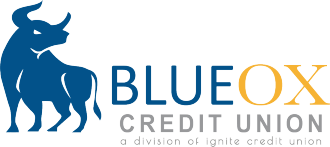Advice and Tips to Help Keep You Protected
Avoid Sharing Personal Information
It is difficult to keep personal information safe in this digital world. Internet users should practice distinct caution when publishing their full name, home address, email address, contact numbers and images, as they are easily accessible by others. Be vigilant, especially with social networking sites.
Beware of Phishing Attacks
We all receive many emails containing links. Links that appear to be legitimate can often take you to a malicious website with the intent to steal your credentials, personal information or install malware onto your computer. Never click on links in emails from people you do not know. Hover over the link before clicking to view where the link is directing you. When in doubt, throw it out.
Use Complex Passwords
When choosing passwords for online sites and financial accounts never use the same password for different sites. Use a mixture of upper- and lower-case letters, numbers and special characters to try to make it as complex as possible. When provided the option, leverage a passphrase (a sequence of words) as opposed to a password; passphrases are longer and harder to crack. It is also best to avoid words found in the dictionary.
Don't Use Public Wi-Fi
Many people do not understand the difference between public Wi-Fi and private networks and are not aware of the dangers using free pubic Wi-Fi to access your online sites or financial accounts. It may only be 30 seconds of access to your bank account on that free Wi-Fi at the café but if the network is compromised, it is more than enough time to collect the data the hacker needs.
Install Anti-Virus Software
Be sure you have anti-virus software installed on your home and work computer and be careful what you download and install. Always keep your security software, web browsers and operating systems up to date. This is the best defense against viruses, malware, and other online threats.
« Return to "Member Security" Go to main navigation
